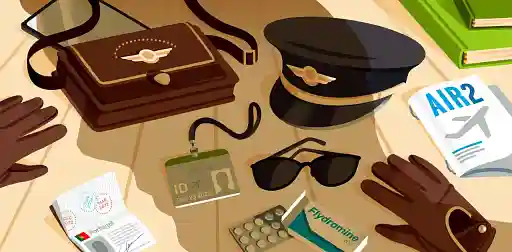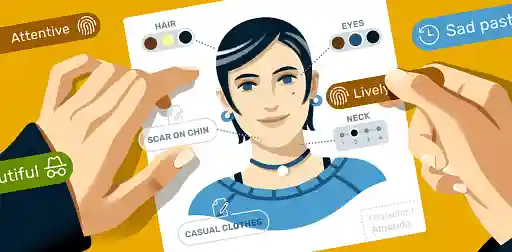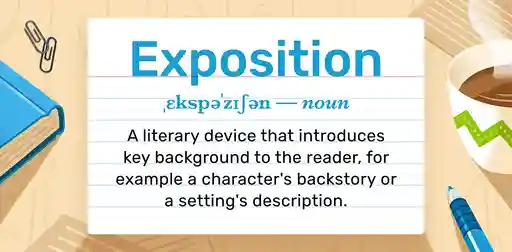Last updated on Mar 08, 2024
Character Questionnaires: 100+ Revealing Character Questions
About the author
Reedsy's editorial team is a diverse group of industry experts devoted to helping authors write and publish beautiful books.
More about the Reedsy Editorial Team →Martin Cavannagh
Head of Content at Reedsy, Martin has spent over eight years helping writers turn their ambitions into reality. As a voice in the indie publishing space, he has written for a number of outlets and spoken at conferences, including the 2024 Writers Summit at the London Book Fair.
View profile →To help you write nuanced and engaging characters, we’ve created several questionnaires that’ll let you dive into the various aspects of your characters’ personalities.
These questions will guide you to explore your characters' inner worlds, imbuing them with realistic fears, desires, and motivations. In building these psychological profiles, you’ll soon find it easier to make character-driven story decisions (and avoid simply filling your narrative with mindless plot pawns).
For a condensed version of our questionnaire that you can fill out and keep, download our interactive Character Questionnaire PDF:

FREE RESOURCE
Reedsy’s Character Questionnaire
40 questions to help you develop memorable characters.
The Nostalgia Check ⏳
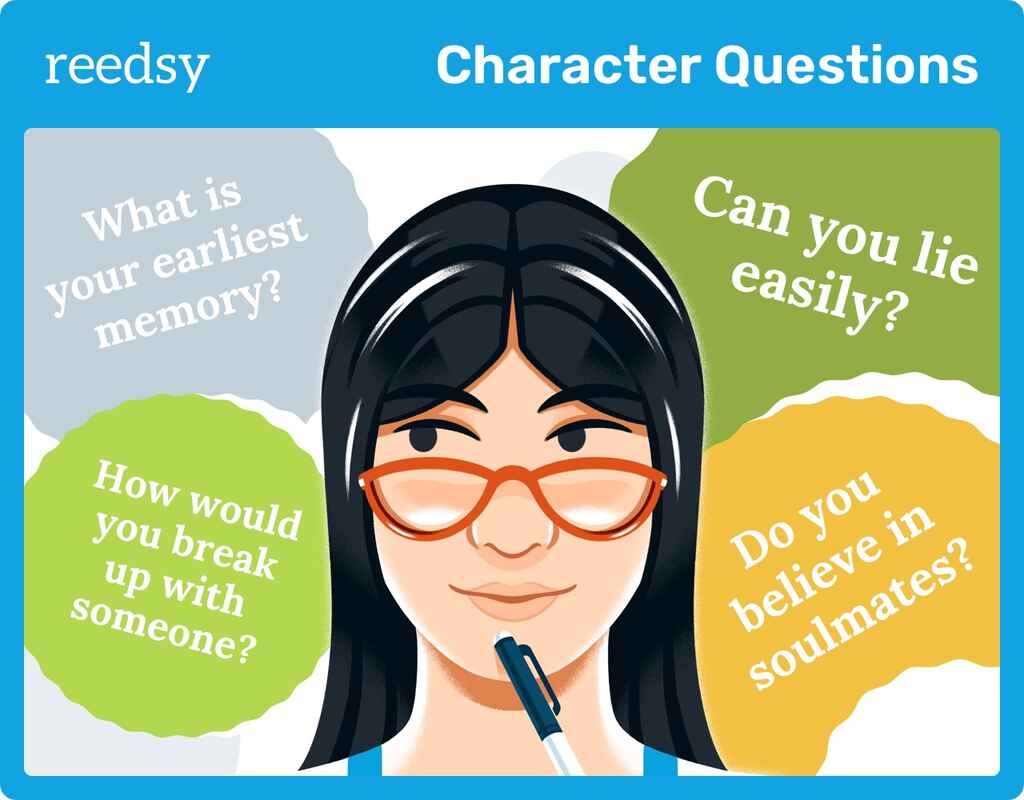 Our actions and decisions are informed by our past experiences. Take a trip down memory lane to explore your character’s backstory in more depth and help you create more believable, relatable characters.
Our actions and decisions are informed by our past experiences. Take a trip down memory lane to explore your character’s backstory in more depth and help you create more believable, relatable characters.
- What is your earliest memory?
- What is a memory that makes you swell with pride?
- What is your worst memory?
- Where did you grow up? What was your childhood like there?
- Did you have a childhood nickname?
- What was your relationship with your parents like when you were younger?
- Who were you closest to as a child?
- What did you want to be when you grew up?
- Did you ever get in trouble as a child?
- Who were your childhood best friends?
- Who were your childhood enemies?
- Did you celebrate your birthday throughout your childhood?
- What was your favorite day or holiday when you were a child?
- What was your biggest fear when you were a child?
- What is something you were insecure about when you were a child?
- What is your most embarrassing moment?
- What is something you quit that you now regret giving up on?
- What is something you wish you never learned the truth about?
- If you could relive one day of your life without changing anything that happened, which day would you choose?
- If you could relive one day of your life and change its course of events, which day would you choose?
The “What If” Questionnaire 🤔
 Given our different backgrounds, personalities, and beliefs, we all react in our own way to certain situations. Use the following questionnaire to consider how your character would respond to these hypothetical scenarios.
Given our different backgrounds, personalities, and beliefs, we all react in our own way to certain situations. Use the following questionnaire to consider how your character would respond to these hypothetical scenarios.
- If you had a time machine, what would be the first thing you would do with it?
- Your friends are speaking unfairly about a mutual friend. Do you say something or stay silent?
- What would you do if someone brought up your biggest insecurity in front of a crowd of strangers?
- What would you do if you witnessed a victimless crime?
- What would you do if someone tried to threaten you?
- How would you respond to an apology from somebody you still cannot forgive?
- How would you react if someone insulted you to your face?
- How would you react if you saw a friend who owes you money spending frivolously?
- How would you break up with someone?
- If you could have a one-hour conversation with any living person, who would it be?
- If you could change one thing about yourself, what would it be?
- If your house were on fire and you could only save one thing, what would it be?
- If you could only eat one thing for the rest of your life, what would it be?
- If you could only hear one song for the rest of your life, what would it be?
- If you could live anywhere else in the world, where would you go?
- If you could learn the truth behind any mystery or secret, what would it be?
- If you won the lottery, how would it change your life?
- Would you halve your income to be twice as attractive?
- Would you trade ten years of your life to become richer?
- How about to become more attractive?
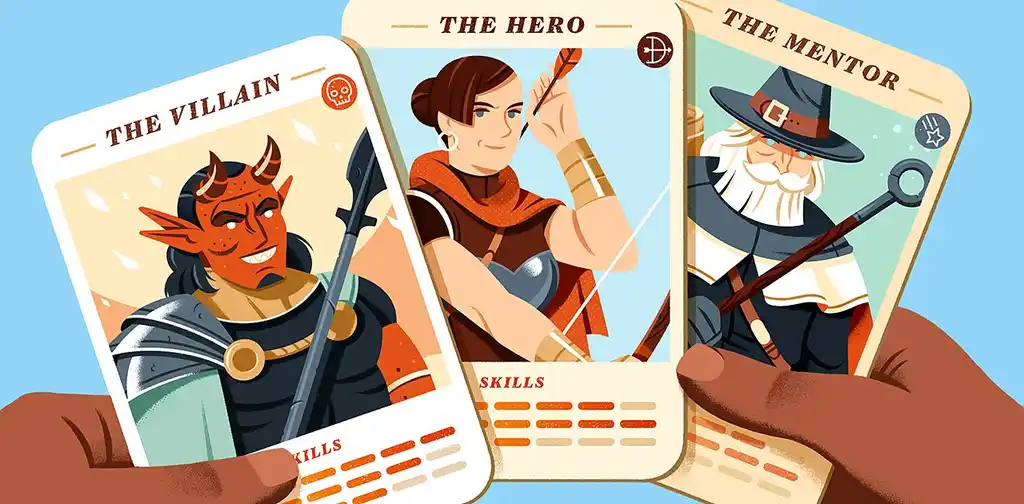
FREE RESOURCE
Reedsy’s Character Profile Template
A story is only as strong as its characters. Fill this out to develop yours.
The Relationships Quiz 💗
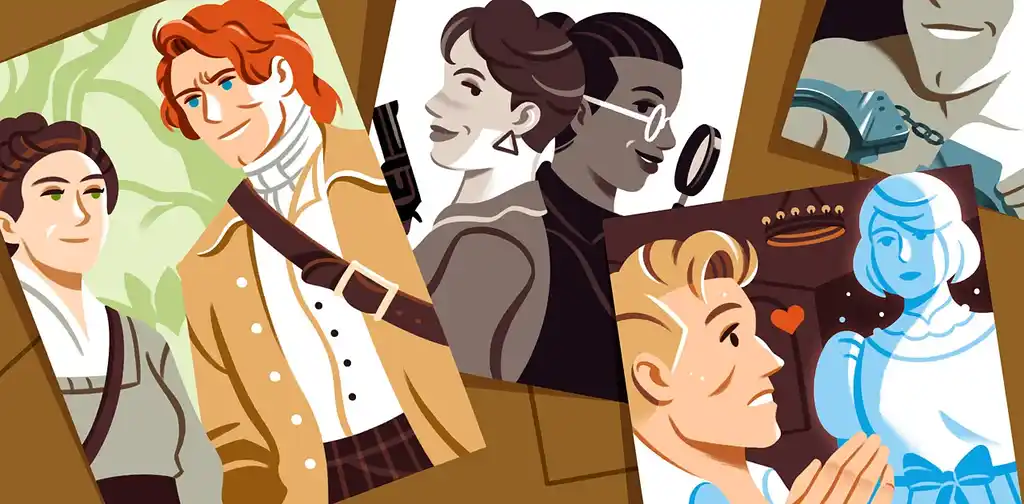
Relationships do more than keep loneliness at bay — they can also spur conflict, encourage growth, and reveal the parts of ourselves that we usually hide from the world. Think about these relationship-related questions to shed light on your character’s views on love, loss, and more.
- Do you believe in love at first sight?
- Do you believe in marriage?
- Do you believe in soulmates?
- How many romantic relationships have you had?
- Why did your last relationship end?
- How short was your shortest romantic relationship? How did it start and end?
- How long was your longest romantic relationship? How did it start and end?
- What was your first kiss like?
- What was the best date you have ever been on?
- What was the worst date you have ever been on?
- How well would you handle a long-distance relationship?
- What lessons have you learned from your past relationships?
- Would you rather approach a person of interest or wait for them to approach you first?
- How would you feel after a one-night stand?
- Have you ever kept someone in your life who you did not get along with (for example, a friend you disliked or argued with often)? Why did you avoid saying goodbye?
- How would your best friend describe you?
- How would your ex describe you?
- How would your worst enemy describe you?
- Who is someone you wish you never met?
- Is there a “one that got away” in your life?
- Who is the most important person in your life?
The “How Bad Are You” Test 💀
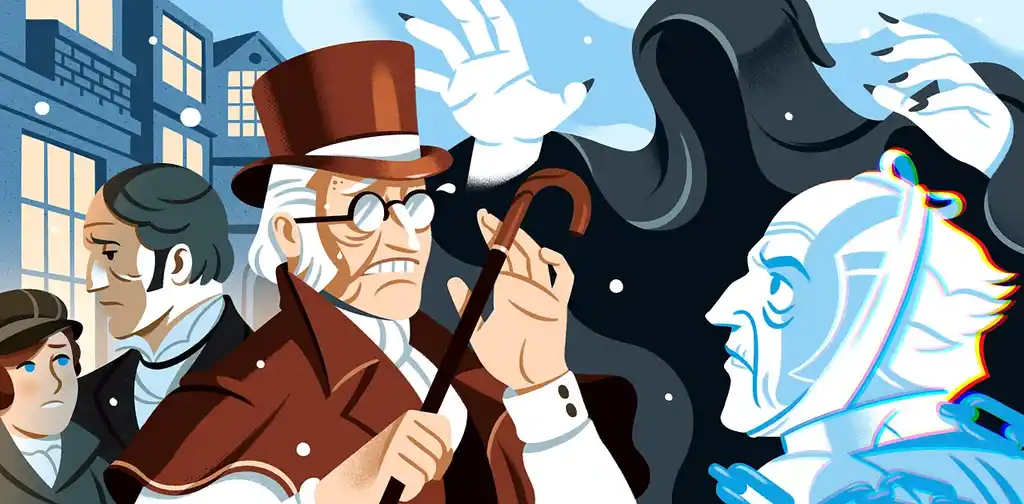 Time to get critical. Use the following questions to explore the less-than-lovely aspects of your character. Even the most heroic of protagonists have a couple of skeletons in their closet.
Time to get critical. Use the following questions to explore the less-than-lovely aspects of your character. Even the most heroic of protagonists have a couple of skeletons in their closet.
- What is the worst thing you have ever wished on somebody? Who was this person?
- Is there somebody you have not been able to forgive? What did they do? And do you want to forgive them?
- Can you lie easily?
- When was the last time you lied? What made you do it?
- Do you handle rejection well?
- How do you react when you receive bad news?
- Have you ever done something illegal?
- Are you more likely to ask for permission or forgiveness?
- What terrible thing have you done that you never thought you would do?
- What criticism would your worst enemy make of you that you would secretly agree with?
- What is your biggest pet peeve?
- What is the cruelest thing you have ever said to anyone?
- When was the last time you got extremely angry? What angered you?
- When was the last time you cried? Why did you cry?
- Have you ever made someone else cry with your actions or words?
- What never fails to upset you every time you hear about or see it?
- If you could erase one thing from existence, what would it be?
- What is your most controversial opinion?
- What is something about you that you would never want anyone else to know?
The Potluck Round ✨
 You won’t find any basic questions about favorite colors and animals here. This questionnaire has some real thinkers to help you discover quirks about your character that you might have missed otherwise.
You won’t find any basic questions about favorite colors and animals here. This questionnaire has some real thinkers to help you discover quirks about your character that you might have missed otherwise.
- What would your perfect day look like?
- What is your favorite mantra or quote?
- What is the strangest job you would be willing to do?
- What is a job you would never consider, no matter how good the pay?
- What was the last book you read? Did you like it? Why or why not?
- How do you feel in large groups versus small ones?
- Would you rather surprise someone or be surprised?
- What is the most memorable compliment you have ever received?
- What is something you have always wanted to learn or master?
- What is one memory you never want to forget?
- When did you feel most alone?
- What is a question you have always wanted to ask but cannot bring yourself to?
- What does success look like to you?
- Do you think it is ever okay to lie?
- What are you afraid of the most?
- If you could change your name, would you? Why or why not?
- What is something most people do not know about you?
- What do you think is the biggest misconception other people have about you?
- What is something about yourself that you would never change?
- What do you think happens after death?
- What is something you want to be remembered for?
For more tips on how to write unforgettable characters, check out our free course on developing characters readers will love, or our guide to coming up with interesting character quirks.




